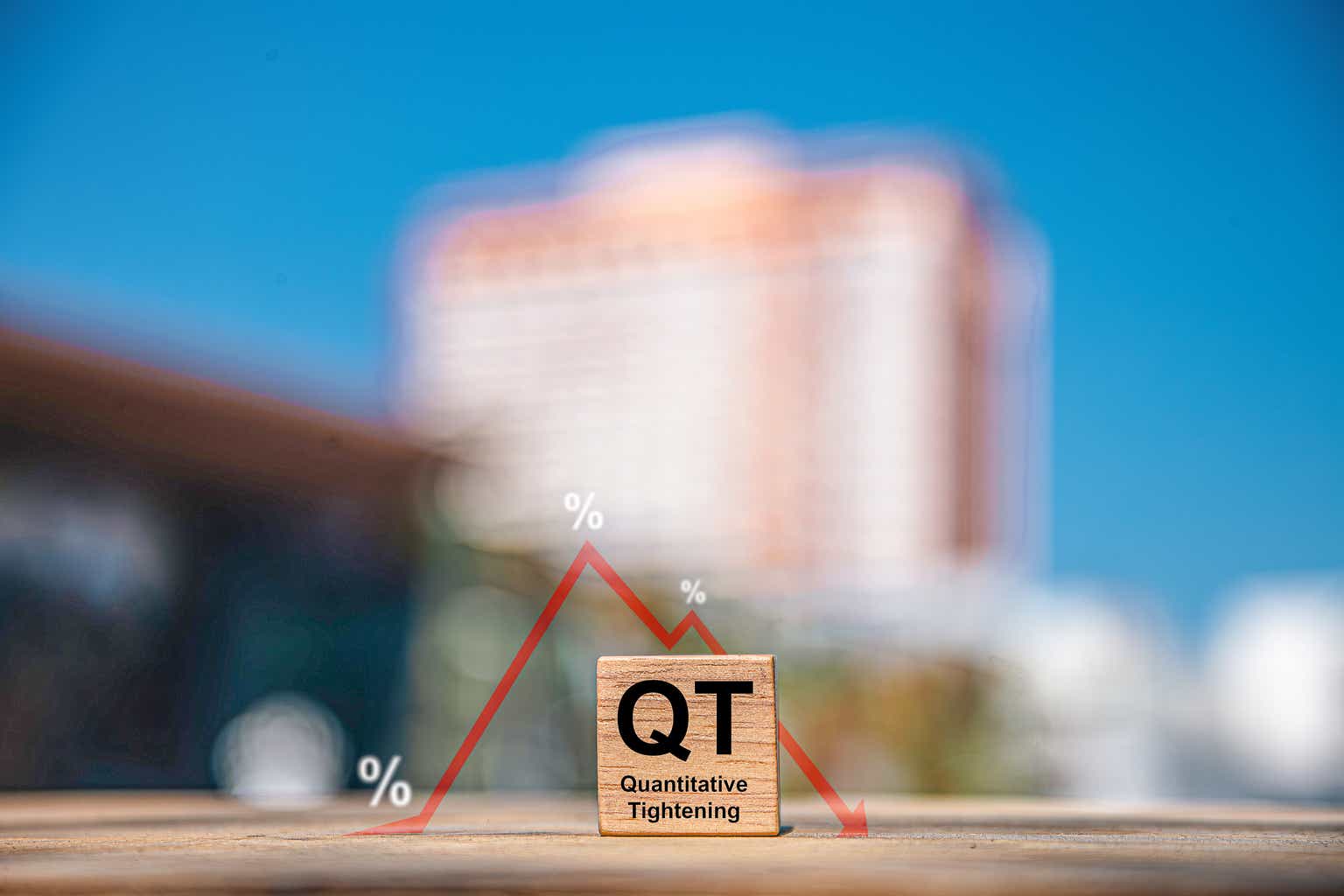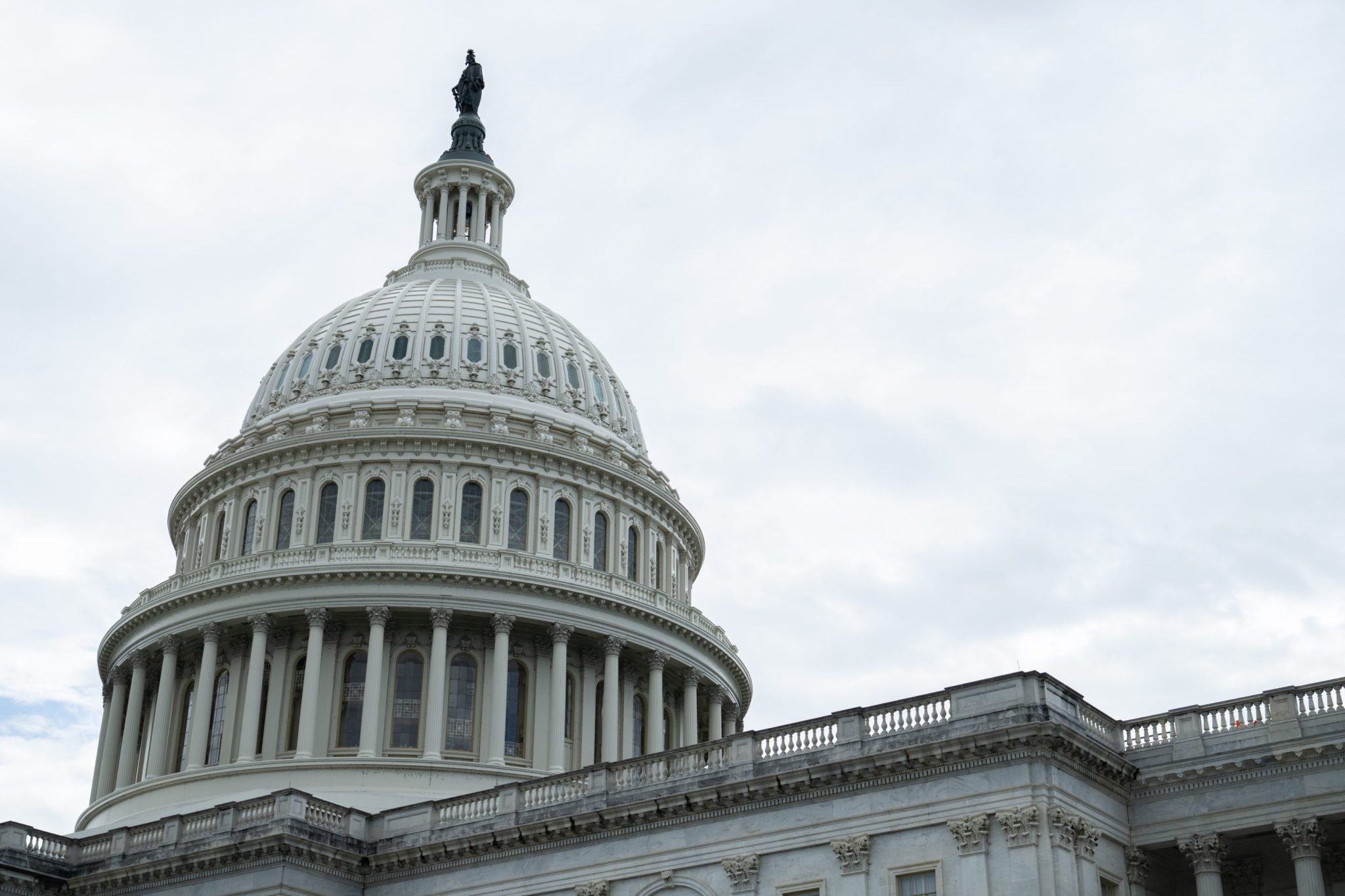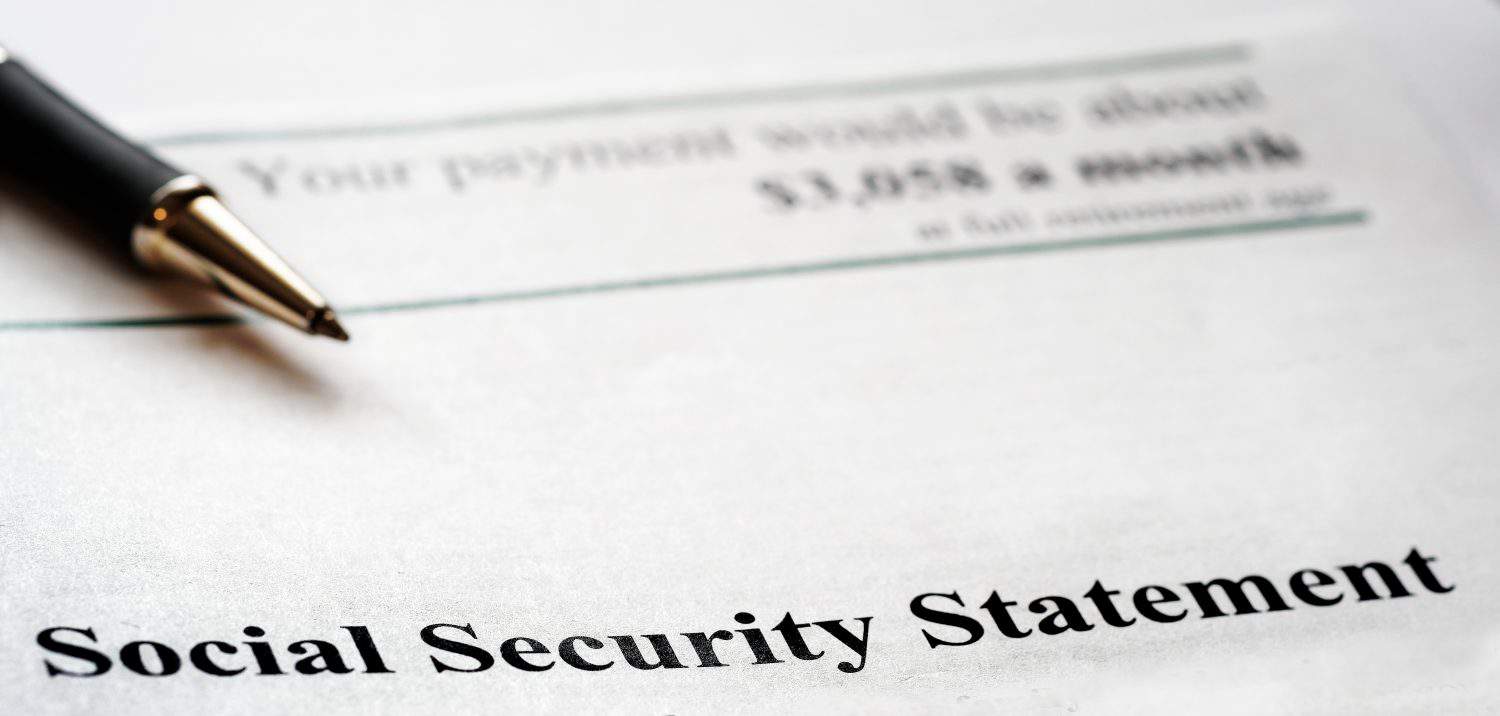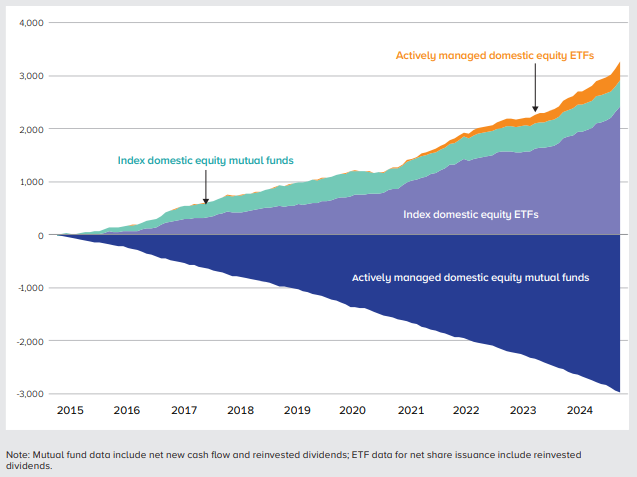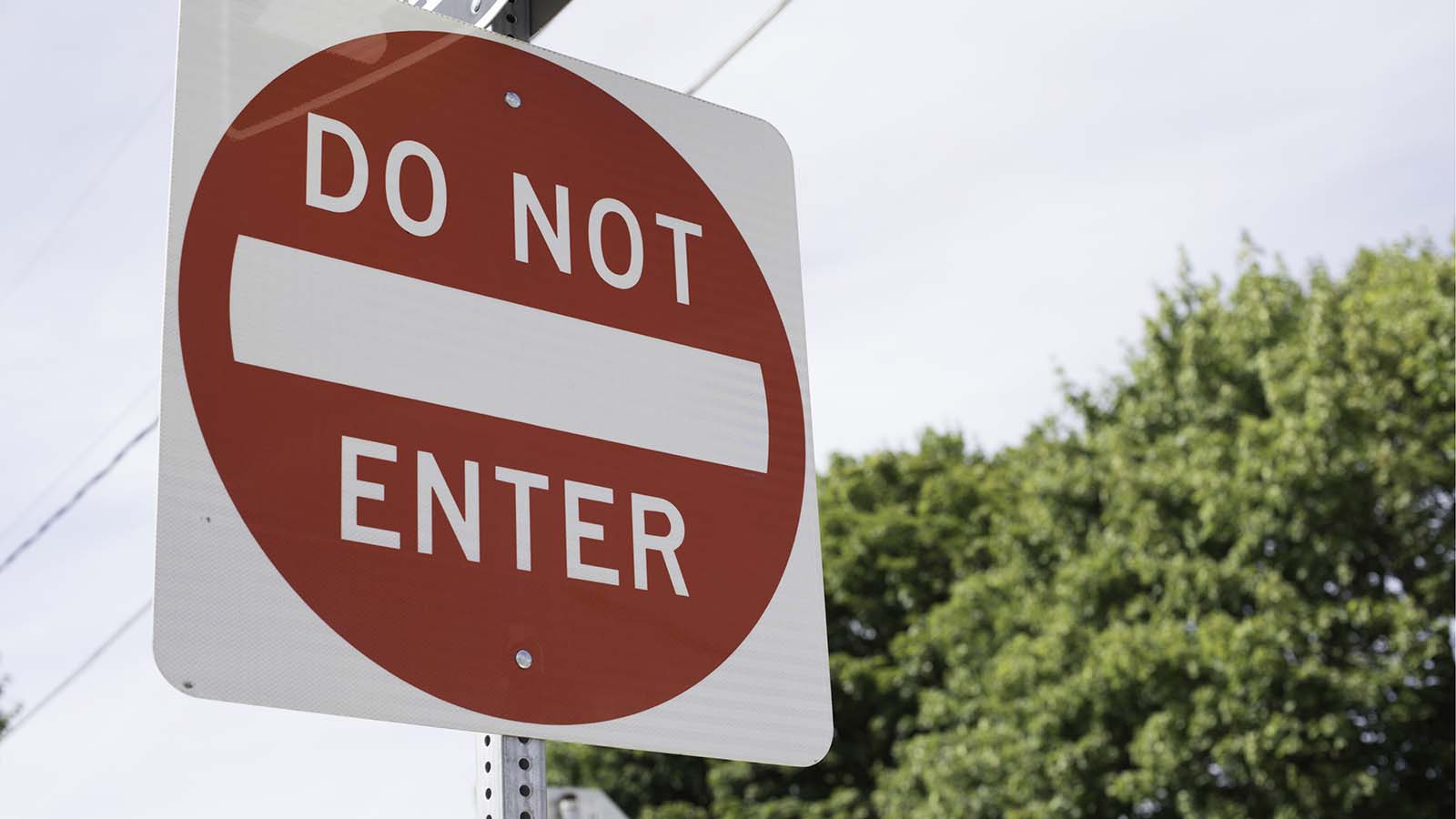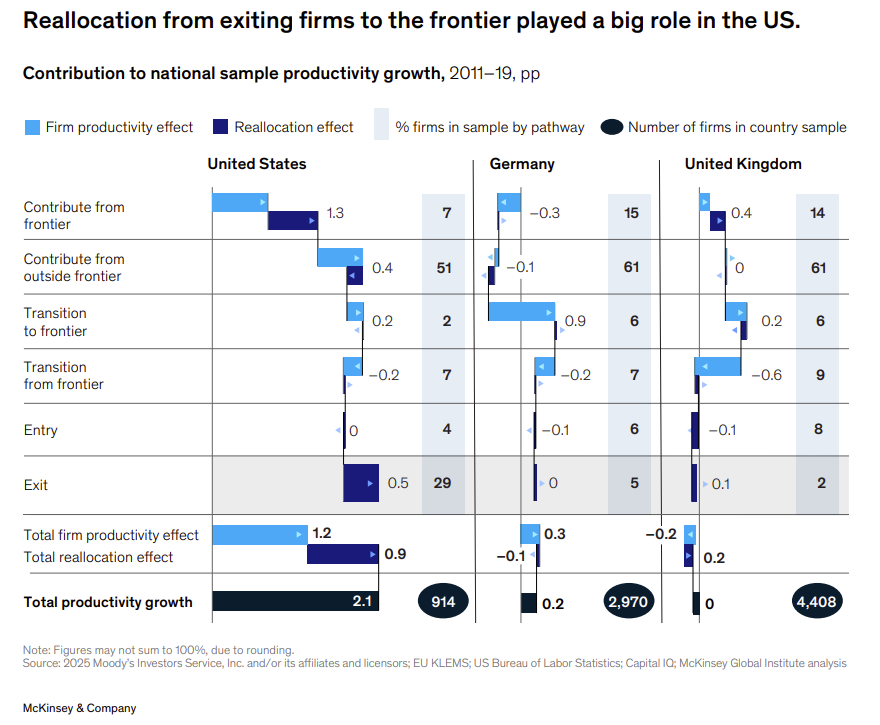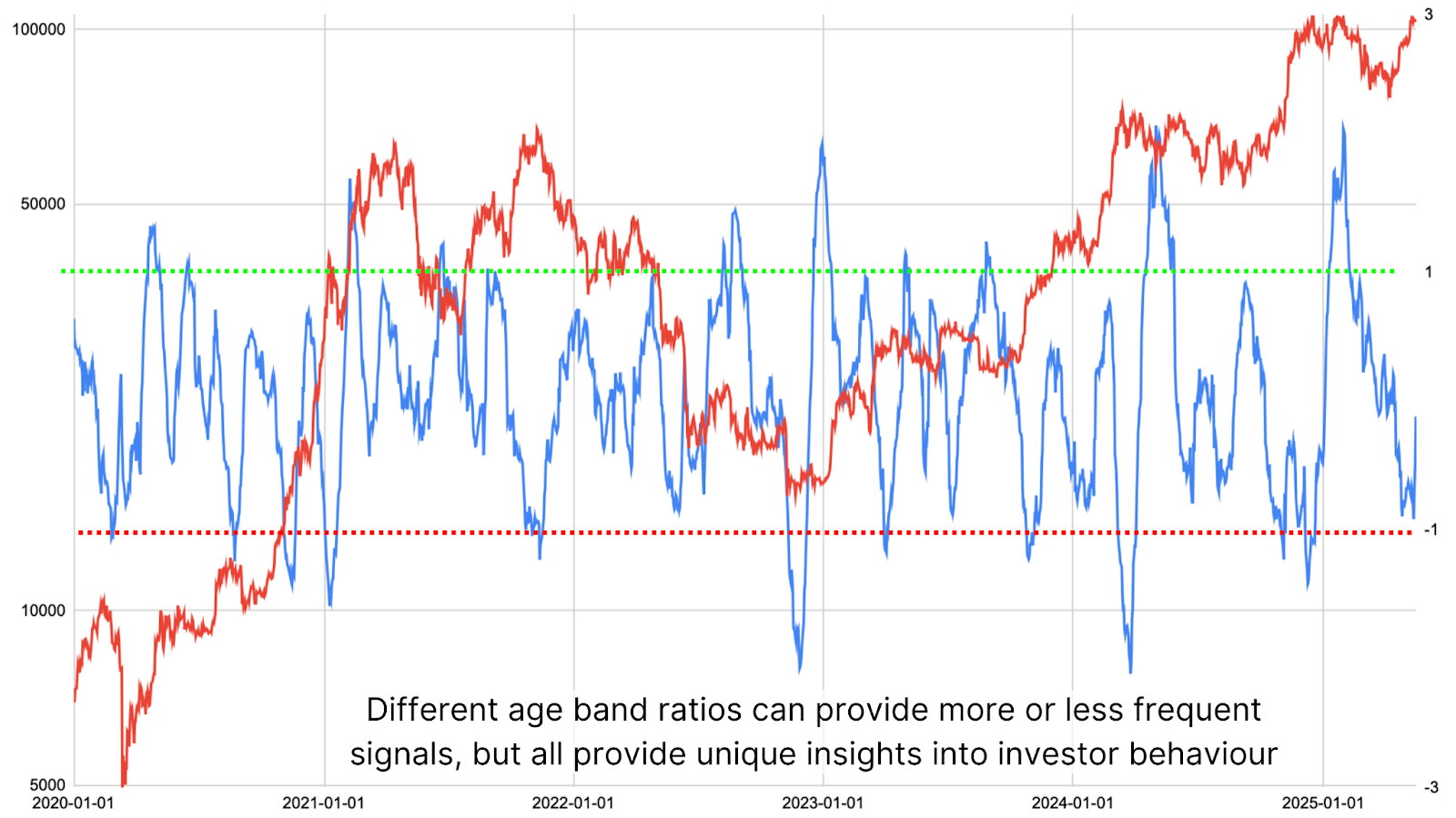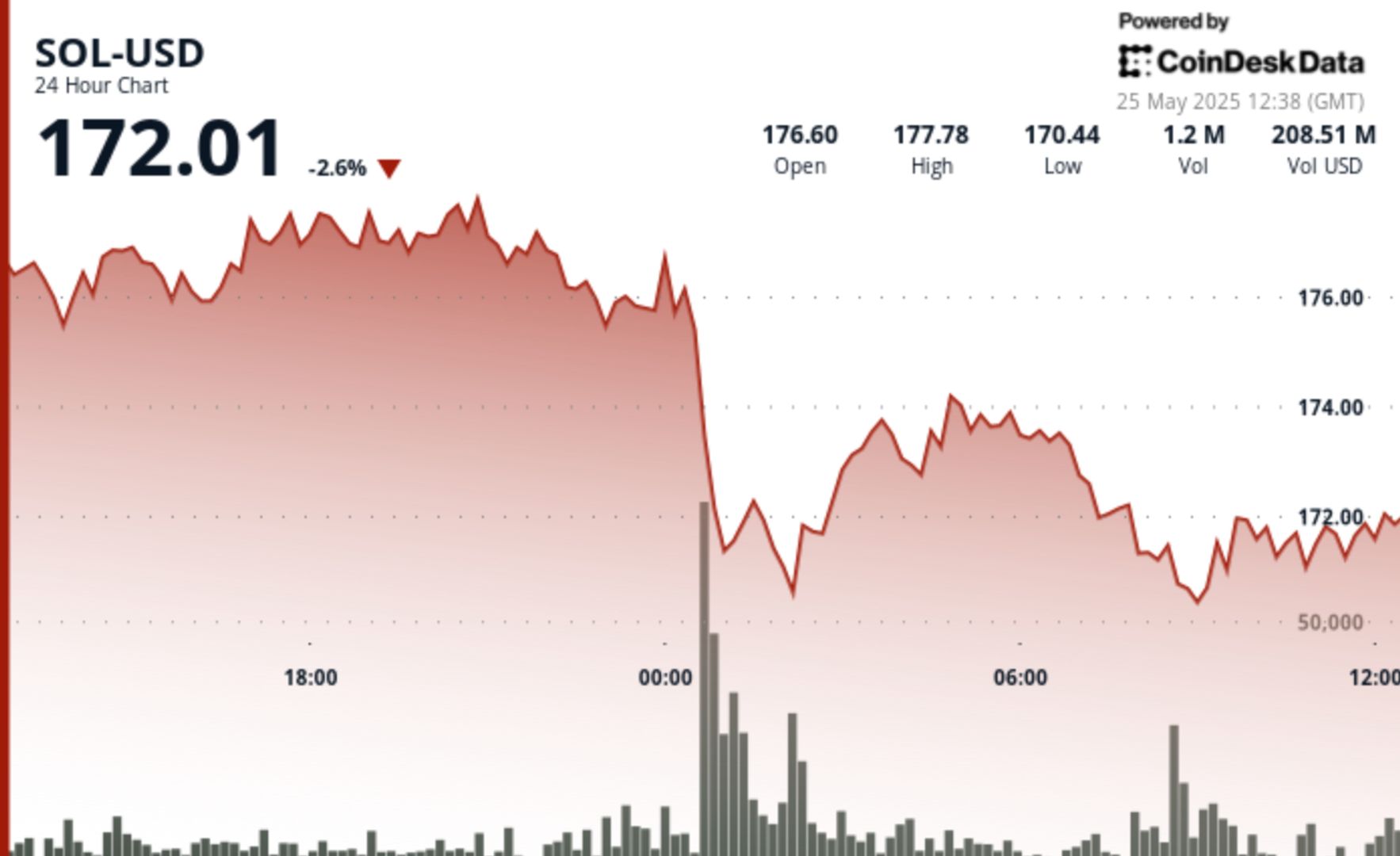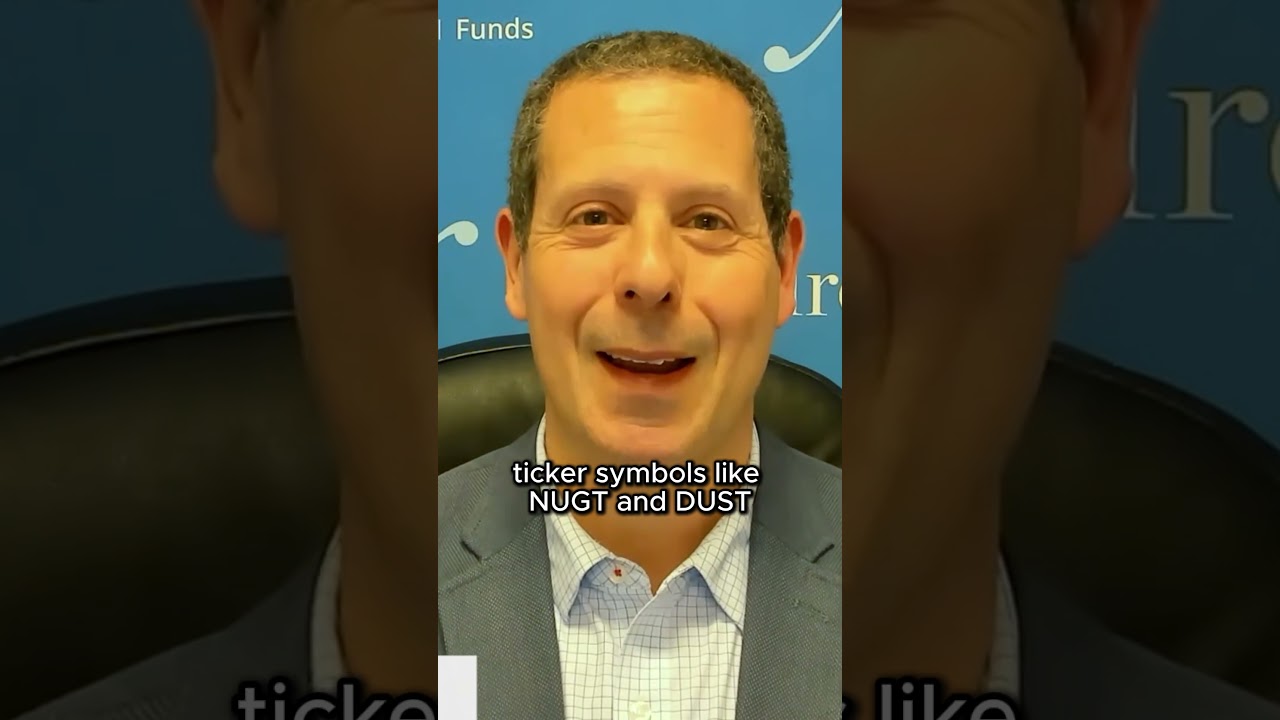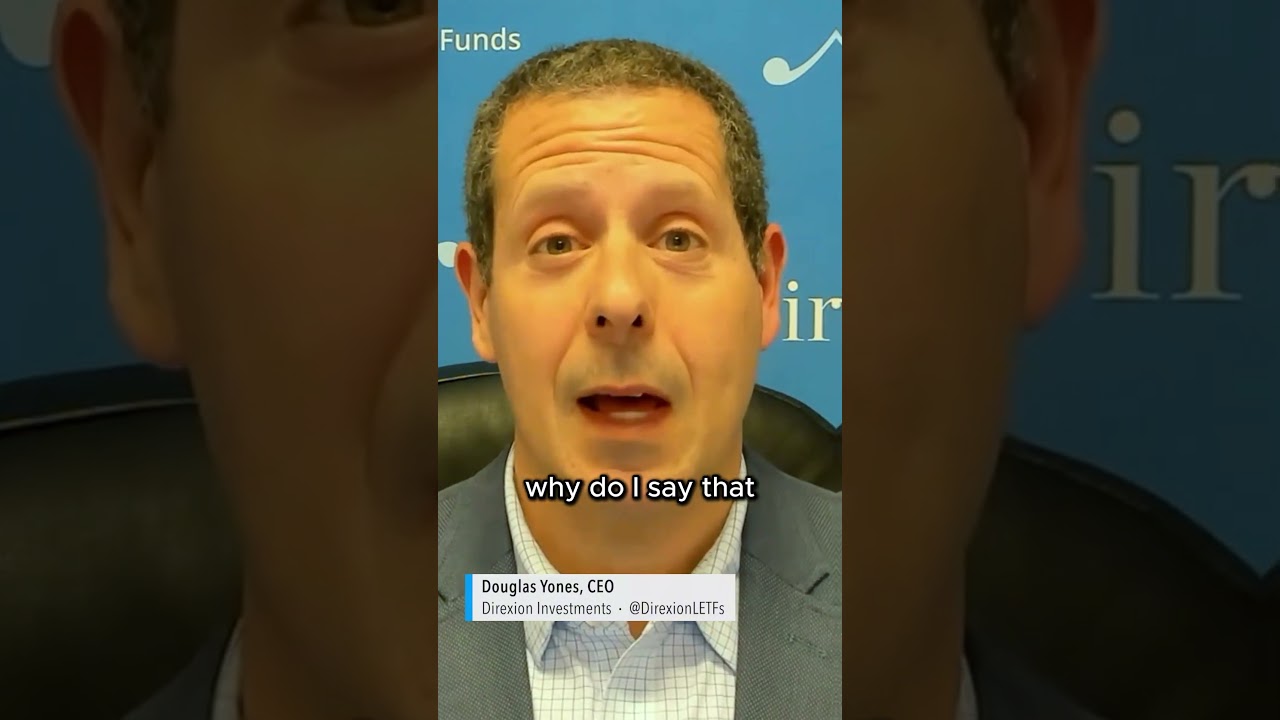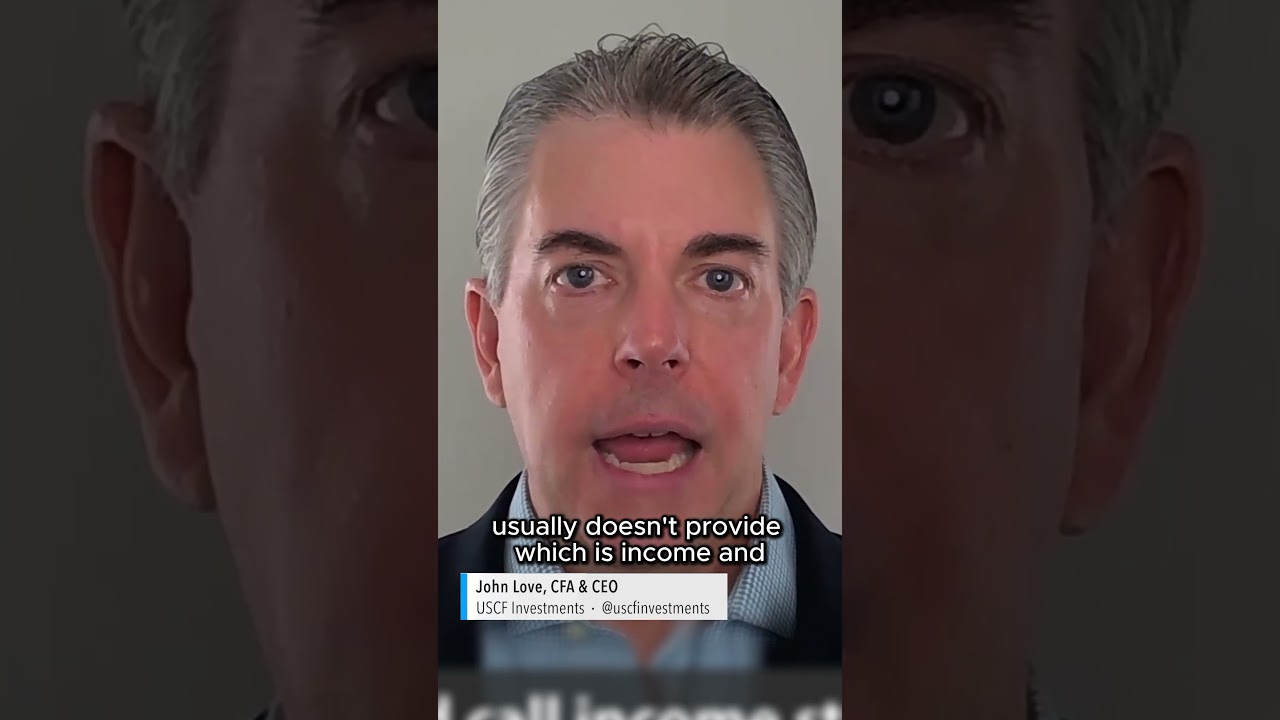Retiring at 55—Do You Have to Wait Until 59½ to Access 401(k) Funds?
There’s a reason retirement savers are generally required to wait until age 59 and 1/2 to access the money they have in a 401(k). The IRS offers some pretty nice tax breaks to people making 401(k) plan contributions. Not only does the money go in on a pre-tax basis, but gains in a 401(k) […] The post Retiring at 55—Do You Have to Wait Until 59½ to Access 401(k) Funds? appeared first on 24/7 Wall St..

Key Points
-
Tapping a 401(k) before age 59 and 1/2 usually results in an early withdrawal penalty.
-
A special rule might allow you to access your 401(k) without a penalty at 55.
-
It’s important to know how this rule works, and to recognize the risks of taking 401(k) withdrawals at that age.
-
Are you ahead, or behind on retirement? SmartAsset’s free tool can match you with a financial advisor in minutes to help you answer that today. Each advisor has been carefully vetted, and must act in your best interests. Don’t waste another minute; get started by clicking here.(Sponsor)
There’s a reason retirement savers are generally required to wait until age 59 and 1/2 to access the money they have in a 401(k).
The IRS offers some pretty nice tax breaks to people making 401(k) plan contributions. Not only does the money go in on a pre-tax basis, but gains in a 401(k) are tax-deferred until withdrawals are taken.
The problem with 401(k)s, though, is that you sometimes want your money at an earlier age. But if you tap a 401(k) before reaching age 59 and 1/2, you’ll generally be subject to a 10% early withdrawal penalty.
Plus, you’ll be taxed on your withdrawal — though to be fair, taxes on 401(k) distributions apply after age 59 and 1/2, too.
In this Reddit post, we have someone who’s interested in tapping their 401(k) plan at 55 using a special rule. They want to know if they’re allowed to withdraw their total balance, or if they need to leave some money in their 401(k). Let’s explore this rule in case you ever end up needing to use it, too.
How the rule of 55 works
The rule of 55 is a loophole of sorts that allows 401(k) savers to access their money without a penalty before age 59 and 1/2.
If you leave your job during the calendar year of your 55th birthday (or later), you’re allowed to take penalty-free withdrawals from the 401(k) sponsored by the employer you’re parting ways with.
Not only that, but your entire 401(k) balance is yours to withdraw if you want it. So to answer the Reddit poster’s question, they do not have to leave money in their 401(k) if they don’t want to.
That said, cashing out an entire 401(k) in one fell swoop could mean facing a pretty large tax bill. The poster doesn’t say how much money they have in their 401(k). But if it’s a large sum, they could end up owing the IRS a huge amount of money.
Pitfalls of the rule of 55
The rule of 55 gives you the flexibility to access your 401(k) funds at an earlier age than 59 and 1/2. But there are some pitfalls you should know about.
First, the rule only applies to the 401(k) plan sponsored by the employer you’re departing from the year you turn 55 or after. Here’s what that means.
Let’s say you work for Company X and you’ve just turned 55. You started the job two years ago, so you only have $50,000 in Company X’s 401(k). But you worked for Company Y for most of your career, so that 401(k) has $1.8 million.
The rule of 55 only allows you to take penalty-free withdrawals from Company X’s 401(k) with the $50,000 balance. The rule doesn’t apply to your $1.8 million from Company Y. For that account, you need to wait until 59 and 1/2 if you want to avoid penalties.
The other issue is that tapping a 401(k) at 55 means you may run the risk of depleting your savings in your lifetime. That’s because you’re starting to withdraw from your savings at a pretty young age. So unless you have a very large balance, you could end up experiencing financial issues later in life.
If you’re thinking of withdrawing from your 401(k) at 55, you may want to consult a financial advisor. They can offer guidance on your situation and help you figure out what makes the most sense based on your needs and goals.
The post Retiring at 55—Do You Have to Wait Until 59½ to Access 401(k) Funds? appeared first on 24/7 Wall St..







